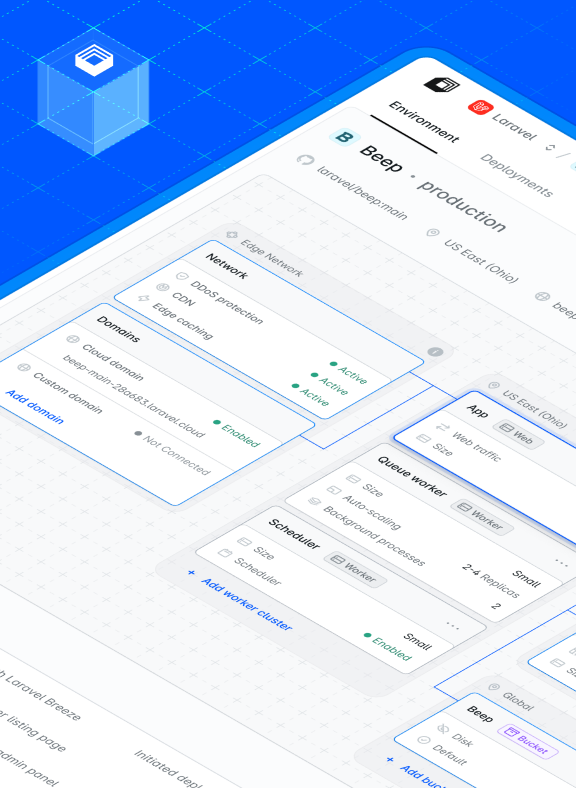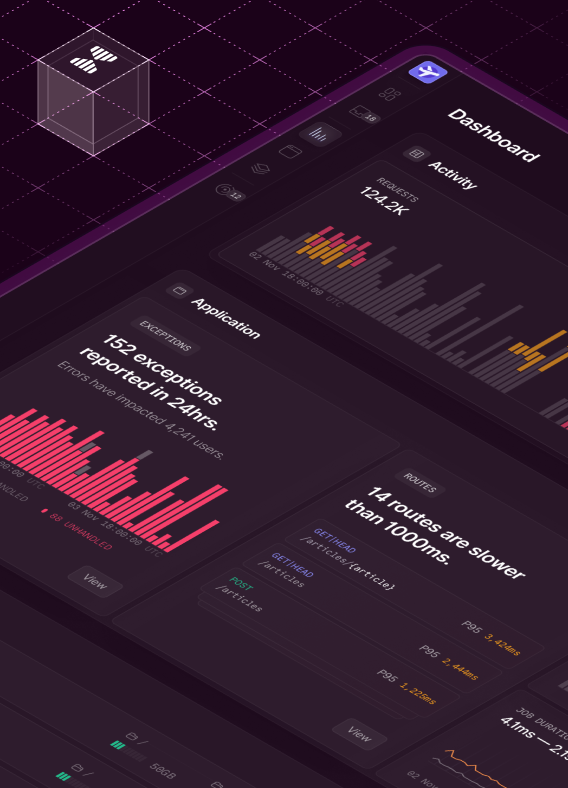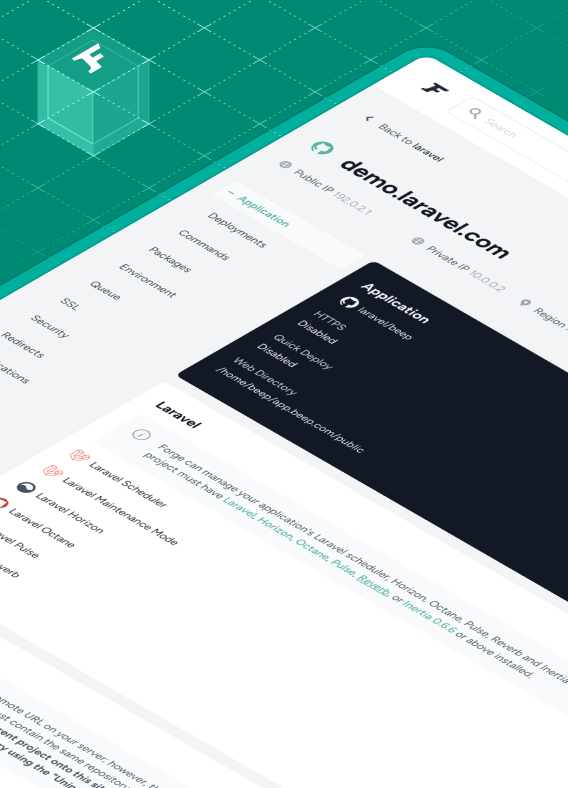Writing Resilient Code That Bounces Back. The Artisan of the Day Is Zuzana Kunckova.
When it comes to building applications that can withstand anything the real world throws at them, Zuzana Kunckova knows what it takes.
Zuzana is a freelance fullstack Laravel developer and the founder of Larabelles, an online community for PHP and Laravel developers underrepresented due to their gender. Her journey to tech began uniquely: after completing a degree in psychology at 33 and working as a teaching assistant, she discovered her calling through a Google Developer Scholarship for a Udacity Nanodegree program.
As a speaker, Zuzana has given talks at various meetups, including Laracon Online Summer 2021 and Winter 2022 presentations.
Like many Laravel Community leaders, she embodies the philosophy that great code isn't just about making things work, but also about making things work reliably, even when everything goes wrong.
Writing Resilient Code: A Video Talk That Packed a Punch
Unfortunately, Zuzana couldn’t attend Laracon US, but she sent a five-minute video presentation that redefined how we think about building applications that can handle the unexpected. Drawing parallels between human resilience and code resilience, she showed us that bouncing back from setbacks is just as important in software as it is in life.
Zuzana’s highlights on writing resilient code:
- It's designed to withstand, recover from, and adapt: Resilient code continues to function well under stress, whether that's viral traffic, third-party API failures, or users with unreliable internet connections.
- Never trust user, device, or network: Validate inputs, sanitize data, and don't assume users will know what to input. "Common sense is the least common of all senses," she reminded us.
- Handle errors gracefully: Rather than letting exceptions bubble up and crash the application, anticipate potential failures and deal with them proactively. Users shouldn't see ugly error pages.
- Monitor and log meaningfully: Track performance metrics, service availability, and business metrics. But make logs structured and helpful for debugging: don’t type "hello" or "test" messages.
- Quick error recovery: Retry failed database connections, cache pages when services are down, and save form submissions so data isn't lost when the internet drops.
- Graceful degradation: If something breaks, don't break everything. Show cached content, inform users when services are unavailable, and keep your website functional even with reduced features.
- Plan for the worst: Whatever is failing (JavaScript disabled, CSS won't load, images missing), make sure your HTML structure still makes sense without these enhancements.
- Test like a user, not a developer: Test edge cases, bad inputs, unexpected states, and service failures. Users will find their own way to use your app.
Zuzana's core insight was that resilient code is about designing systems that can recover quickly and continue providing value even when things go wrong. Set up alerts to catch silent failures before users do, implement retry mechanisms for temporary errors, and always have fallback strategies for critical functionality.
She ended the talk with the promise that attendees could see full examples of these resilience techniques at her upcoming presentation at Laracon Australia in Brisbane.
Your Story Belongs Here
You don't need to have a course, a talk, or a big launch. If Laravel has been part of your journey (a pivot, a side project, a moment of growth), we'd love to hear about it!
Answer Taylor's questions at laravel.com/stories.
We're always looking to feature developers from every corner of the community. Beginners, builders, behind-the-scenes folks. If Laravel helped you do something you're proud of, that's a story worth telling.






